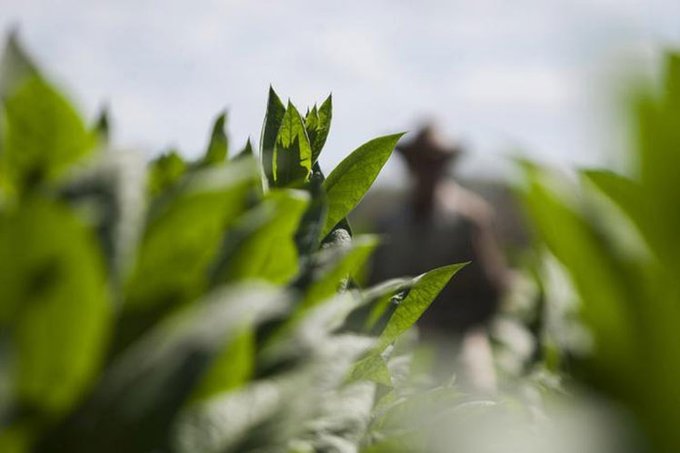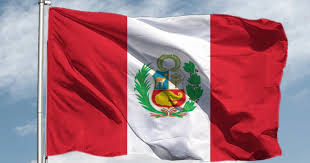
HAVANA, May 4 (NNN-PRENSA LATINA) — The Food and Agriculture Organization of the United Nations (FAO), together with the Ministry of Agriculture of Cuba (Minag), reported on a program for women’s empowerment in the country.
The official message signed by both parties states that strengthening capacities for women’s empowerment in science, technology and innovation in local food systems was the purpose of a recent workshop.
The meeting was held in Villa Clara, as part of the Strengthening of the Integrated Knowledge Management System for Sustainable Food Security in Cuba (Consas) project, they said.
This mechanism is implemented by the Minag, with technical assistance from FAO and financing from the European Union (EU).
The meeting was attended by representatives of the Marta Abreu University of Las Villas, the swine and tropical viandas research institutes, Municipal University Centers, the Placetas Agroforestry Station and the Experimental Station of Pastures and Forages in Sancti Spíritus.
Other participants included municipal technical teams and gender focal points from all six municipalities involved in the project: Taguasco, Yaguajay and Sancti Spíritus, in the province of the same name, and Placetas, Remedios and Santa Clara, in Villa Clara province.
During the event, gaps in knowledge management and innovation for food and nutritional security and sovereignty were socialized, as well as the challenges to achieve gender equity in agrifood systems.
Despite notable advances in recent decades, there are still numerous obstacles that hinder the incorporation of women in science and innovation, according to the official statement.
Although women represent a high percentage of scientific professionals, they are at a disadvantage in management positions due to their gender roles related to care and family work.
In addition, they have more difficulties in attaining leadership and management positions in various spheres.
According to data from the National Office of Statistics and Information (ONEI), women represent 50 percent of those engaged in research, 68 percent of categorized researchers and only 42 percent of those in higher categories (tenured and assistant).
Another gap is related to less access to technology. According to the Latin American and Caribbean Women’s News Service, while men are 52 percent more likely to be online, women are 12 percent less likely to own cell phones. — NNN-ACN





